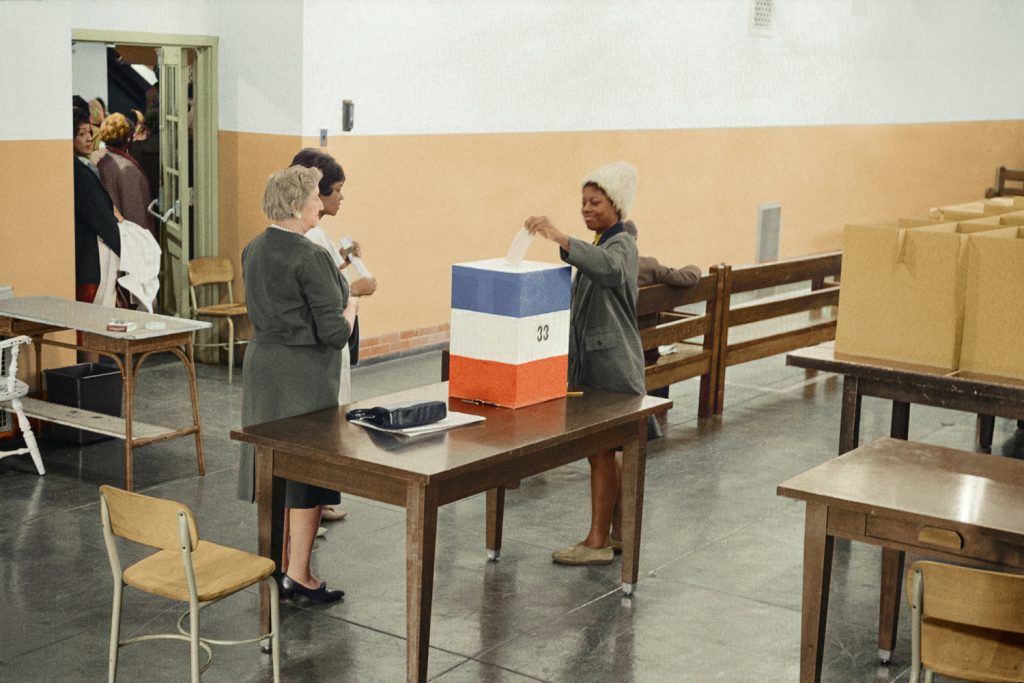By Allen R. Gray
NDG Contributing Writer
The John R. Lewis Voting Rights Advancement Act is all but defunct.
A battle for democracy is unmistakably on between Democrats seeking to make the voting process more accessible and Republicans who wish to make the voting process much more restrictive.
The Freedom to Vote: John R. Lewis Act was drafted by Alabama U.S. Rep. Terri Sewell as an avenue to combat voter suppression, partisan sabotage, gerrymandering, and dark money that has afflicted the American democratic structure.

The Freedom to Vote along with the Voting Rights Advancement Act—both of which honor the name of life-long voting rights advocate John R. Lewis—is a two-pronged attack that would ensure our nation’s most basic right to the nation’s neediest citizens. Where the Advancement Act would restore the grit once realized by the Voting Rights Act of 1965, the Freedom to Vote Act would serve to thwart states’ assault on voting rights by establishing national standards to protect historically disenfranchised citizens.
The Freedom to Vote Act is drafted to preempt the onerous voting restrictions of recent elections by creating national standards for voting access by instituting a number of key provisions.
NDG 1/19: Voter Discrimination: The posthumous battle of John Lewis
The bill would address the need to expand opportunities to vote by early voting; mail voting; election day holiday; protections for individuals with disabilities; and providing a wide range of forms of identification for voter validation.
The bill would also combat voter suppression by lessening the use of voter deception and intimidation; restoring the right to vote to those formerly incarcerated; easing annoying excessive long lines on election day; and, providing an avenue for a private right of action when constitutional rights are infringed upon.
Other critical voter suppression areas addressed would be:
· Preventing election sabotage;
· Redistricting reform;
· Modernizing voter registration;
· Campaign finance reform; and
· Promoting election security.
Congresswoman Sewell, a member of the Congressional Black Caucus, where she is Co-Chair of the Voting Rights Task Force, is lead sponsor to both bills. In a recent interview, Sewell expressed the importance of the bill.
“We have an ongoing concerted effort by state legislatures across this country to impose greater restrictions on voting and to actually stop certain segments of the population from voting,”
Sewell continued. “Frankly, what these two bills will do will provide federal oversight for those most egregious state actors, and also provide the mechanism by which we promote voting and allow people the opportunity to be able to access the ballot box.”




